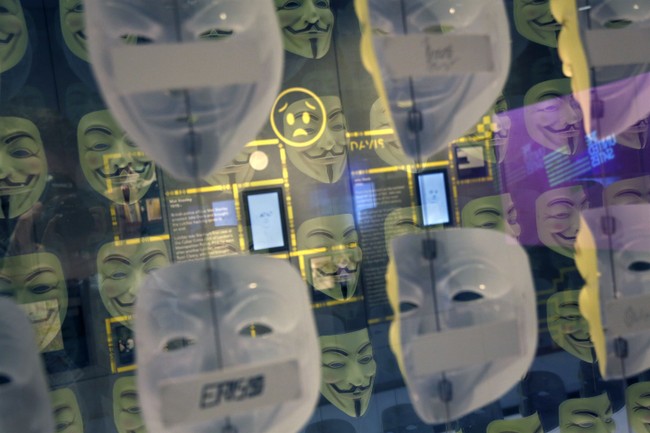
Back in October, I wrote about the Chinese cyberattack that penetrated our telecommunications system, arguing that the damage done was unimaginably large.
At the time the government was releasing information in dribs and drabs. The spooks let us know that the breach was serious but made all sorts of noises about how the breaches were relatively limited and only affected individuals who the American government was already tracking for some reason.
I didn’t buy that story. I assumed that once the Chinese got into the systems, they could ransack the data at will, and it turns out that this is precisely what happened. If the Chinese hackers wanted access to anything about anybody, they were able to get it. Your data, your location, recordings of your calls–anything.
Let’s hope you aren’t that interesting to the Chinese, because if you are they likely have any electronic information that goes through your phone or computer.
Chinese hackers used broad telco access to geolocate millions of Americans and record phone calls https://t.co/cwiks927z7 via @politico
— Senator John Cornyn (@JohnCornyn) December 28, 2024
That’s a long way from getting records of what numbers you called, and rather than the data being limited to people the U.S. government was already tracking, it applies to everybody using the telecom systems in question, which were pretty much all of them.
Chinese hackers that gained access to U.S. telecommunications networks in a sweeping cybersecurity breach were able to use their positioning to geolocate millions of individuals and record phone calls at will, deputy national security adviser for cyber and emerging technology Anne Neuberger told reporters on Friday.
A Chinese hacking group dubbed Salt Typhoon infiltrated U.S. telecommunication providers and used their covert access to steal a trove of Americans’ cell phone records and listen in on the conversations of senior U.S. political figures. POLITICO previously reported that President-elect Donald Trump, Vice President-elect JD Vance and senior Biden administration officials were among the known victims of the hacking campaign.
The spooks are pointing the finger at the telcos for the security breaches, who no doubt bear much of the responsibility. But one of the key points of weakness was our own government’s insistence that backdoors be provided to American security agencies to ensure that law enforcement and intelligence agencies can get into your data when they want to. Back in the old days, tapping a phone required access to the wires that went specifically to that phone; these days, it is tapping into data streams.
It’s unclear if the Chinese hackers have been fully evicted from all of the U.S. telecommunications networks. Earlier this month, Neuberger said that none of the providers have managed to oust the Chinese hackers from their networks, an assertion that T-Mobile and Lumen have refuted.
Neuberger explained that once Chinese hackers infiltrated telecommunication networks, they essentially had “broad and full access” to American data, which allowed them to “geolocate millions of individuals” and “record phone calls at will.”
It’s unclear how many Americans were impacted by the breach at large, though Neuberger said a large number of individuals were geolocated in the Washington, D.C., area. ”We believe it was the goal of identifying who those phones belong to and if they were government targets of interest for follow-on espionage and intelligence collection of communications, of texts and phone calls on those particular phones.” She added that “probably less than 100” individuals were targeted for collection of their phone calls and texts.
No doubt it’s true that China didn’t vacuum up everything from everybody because doing so is inefficient–who cares what Average Joe and Jane were doing or saying any random Sunday? But if the Chinese cared to know it, they could get it. And chances are good that included not only politically sensitive individuals and information, but economically and technically important as well.
🚨TELECOM HACK CHAOS: U.S. SAYS “USE WHATSAPP AND PRAY”
Chinese hackers just pulled off a heist on AT&T, Verizon, and other telecom giants, snooping on live calls, call records, and even top-secret systems in D.C.
The U.S. government’s advice? “Use encrypted apps like Signal or… pic.twitter.com/RrtFMXI07f
— Mario Nawfal (@MarioNawfal) December 4, 2024
If the Chinese were looking for kompromat–and they no doubt were, among other things–they surely got it. They know where the people they targeted were when they were there, what they said, and who they said it to. And if the subject took a photo of it, they probably have that too.
It’s safe to say that I have never been more happy to be uninteresting.









